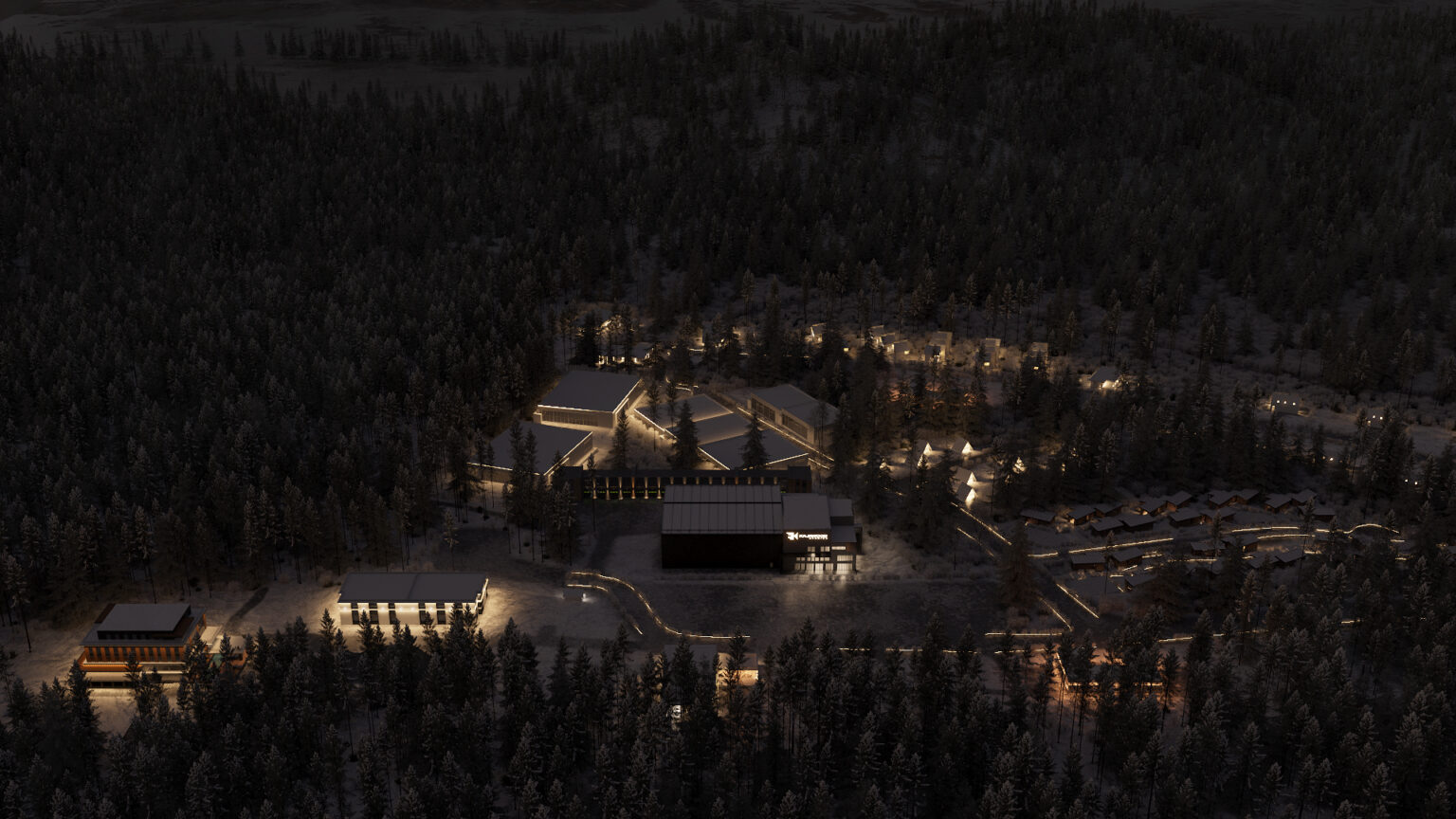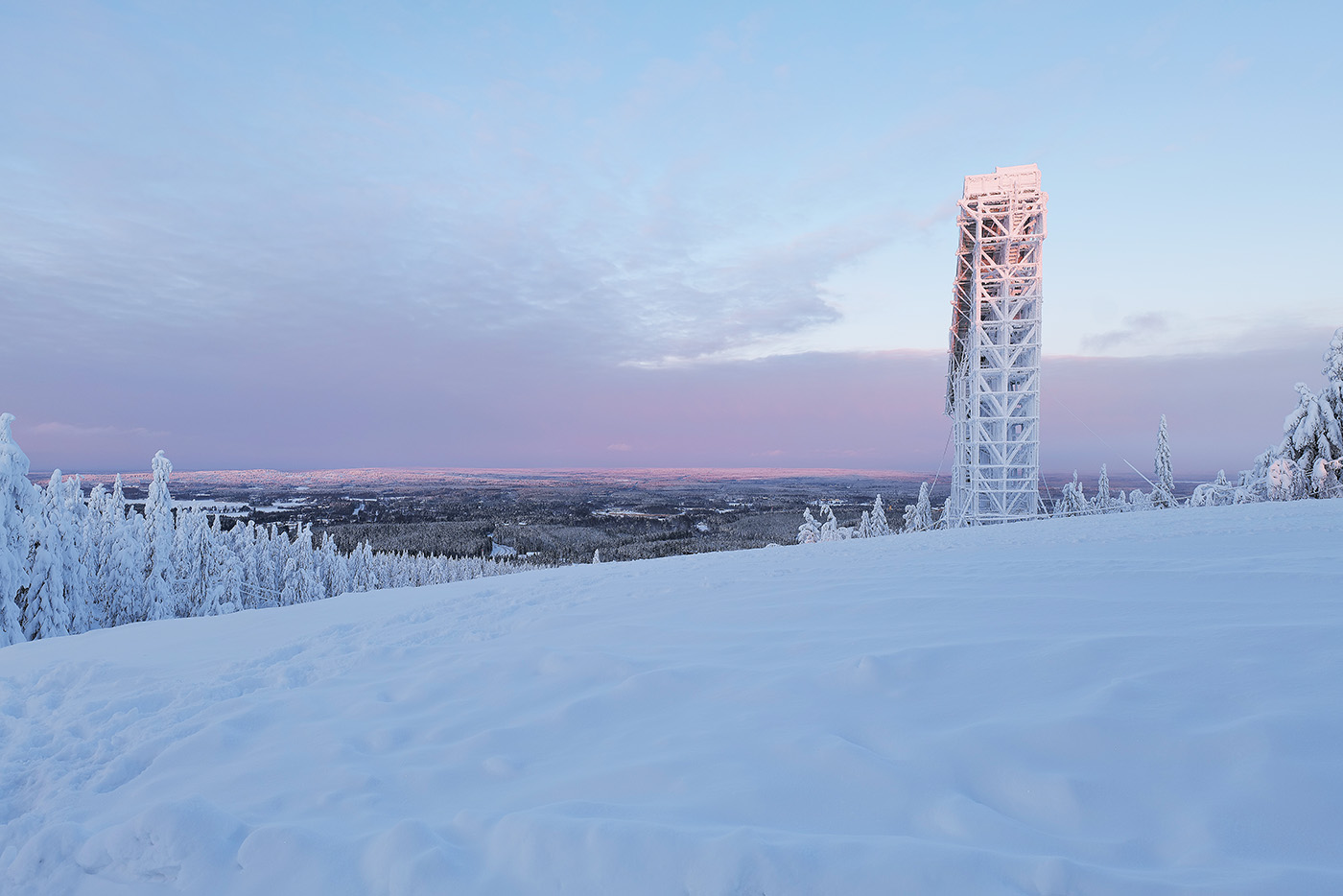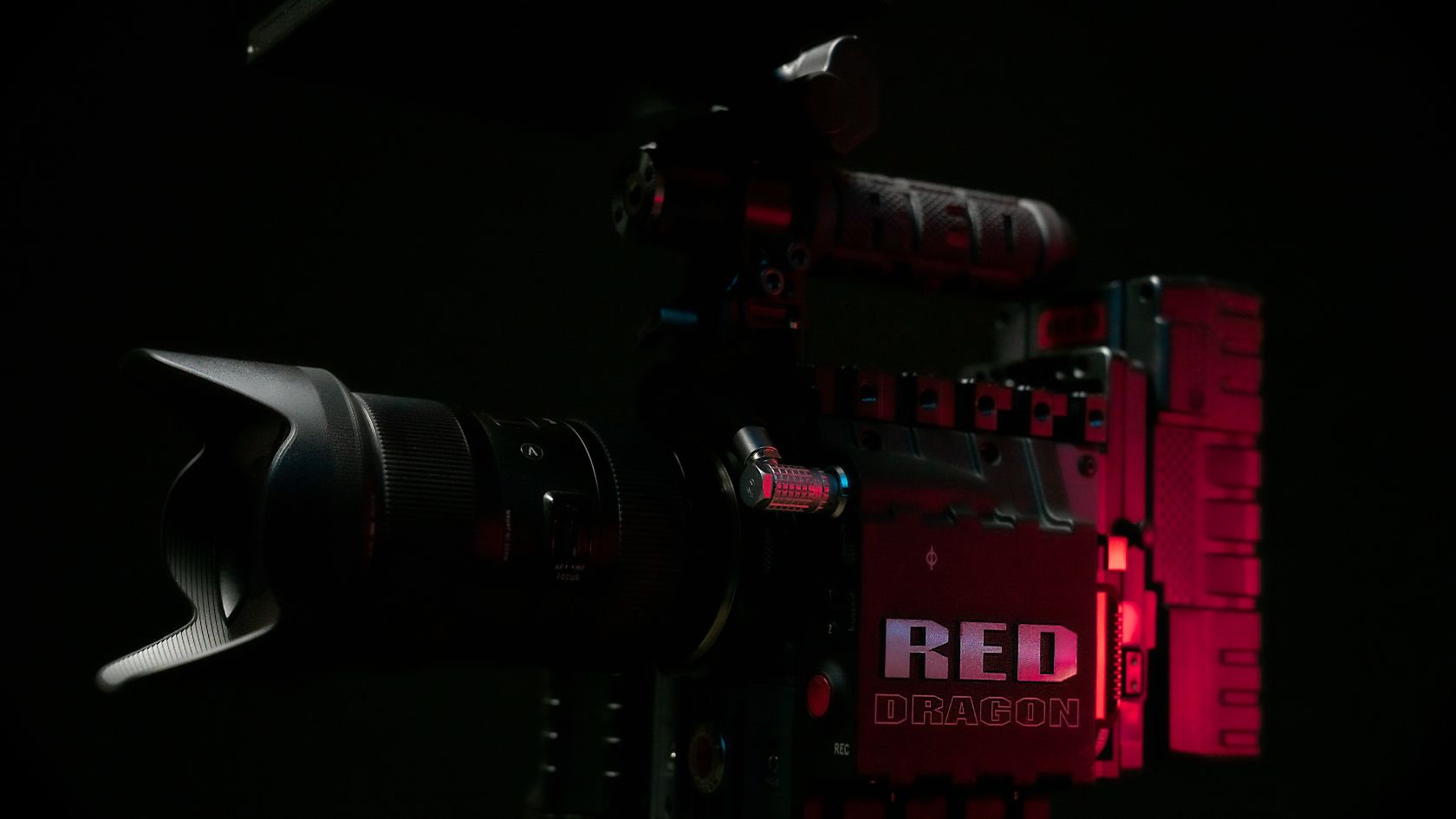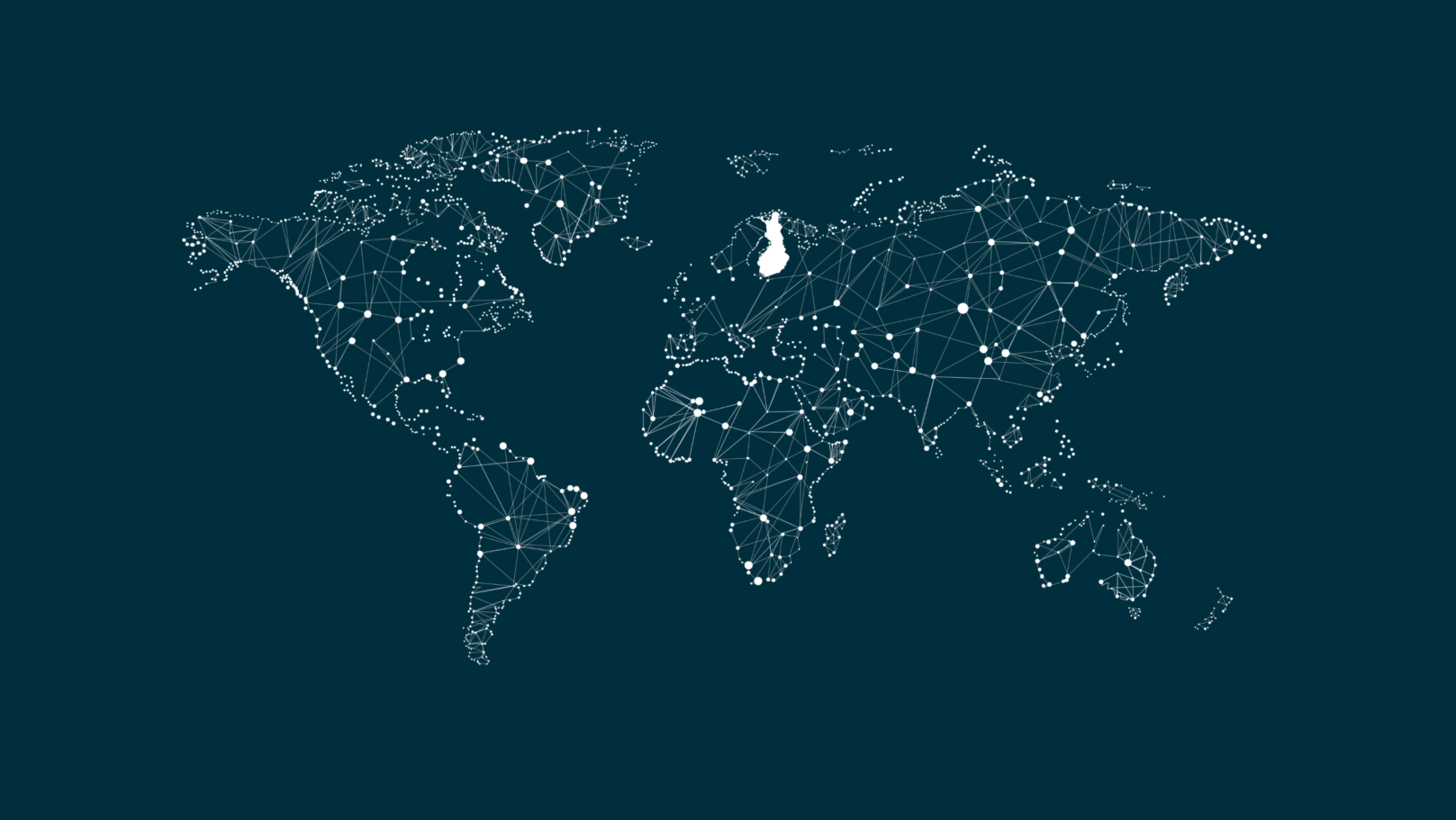
From 2022 to 2023, the film industry underwent a small improvement towards sustainability.
Sustainable film production is a common concern and goal of many organizations in the film, TV, and animation industries. The international system and carbon calculator of environmental sustainability, “Albert,” developed by the non-profit BAFTA, is already widely used in Great Britain and will also be introduced at Kajawood Studios in Sotkamo as one of the first companies in Nordics.

Thu 16th of Feb 2023
”Albert” offers both production companies and productions to be assessed from an environmental perspective from the planning stage onwards. It is also possible to get a certificate for productions.
Several large production companies, such as BBC, Warner Bros. Entertainment, and Netflix, are heavily involved in Albert’s operations. In Finland, “Albert” has been piloted by APFI ry.
So far, five production companies have participated in the Finnish pilot phase: Tekele Productions, Fisher King Oy, Endemol Shine Finland, Warner Bros. International Television Production Finland Oy, and publicly funded Yleisradio, which cooperated with Tampere University of Applied Sciences. Now Kajawood Studios is joining them.
Finland has thus taken the lead in the Nordic countries by creating a national sustainable development strategy for the film and tv industry. The goal is to create a new kind of work culture for film and television that is socially, culturally, ecologically, and financially sustainable.
Rating for productions that meet the criteria of sustainable production
With the “Albert” system, productions can be awarded a 1-3 star rating. According to Wikipedia, 24 productions have received a three-star rating so far, including numerous TV series produced in Great Britain, such as Coronation Street (2014), Casualty (2015), and Emmerdale (2017). Thirty-three productions have reached the two-star classification, and eight have received the one-star classification.
Albert’s carbon calculator is used by more than 2,000 production companies in more than 20 countries. The carbon calculator is essential for Albert’s certification. Productions can be rewarded with an Albert logo, which is used as recognition for greener production. In the future, Kajawood Studios can also offer productions the opportunity to measure the carbon footprint right from the planning stage.
Sweden introduced their own “Hållbar Film” instead of “Albert”
In Sweden, Greentime AB and Film i Väst have been developing their digital planning tool that includes environmental, economic, and social factors following sustainable development. (Source: https://nordiskfilmogtvfond.com/news/stories/swedish-regional-funds-launch-sustainability-digital-tool-hallbar-film)
Among the Swedish production companies, Film i Väst, Film i Skåne, Film Stockholm, Film på Gotland, and Filmpool Nord have committed to using Hållbar Film (eng. Sustainable Film) in productions filmed in their regions and thus comply with the UN’s global sustainable development goals.

The huge impact of streaming
While most of the attention of consumers and decision-makers is focused on industries that produce the most CO2 emissions, such as aviation, the automotive industry, and the food industry, the explosion in the popularity of streaming services raises the question of what impact it is having on our planet.
Netflix has estimated that one user’s hour-long streaming on its service produces well under 100 g of carbon dioxide equivalent (CO2e). On the other hand, the Carbon Trust says the European average is 55-56g CO2e for every hour of streaming. This is equivalent to driving about 300 meters by car.
In a 2016 report by researchers at the University of Bristol, it was estimated that watching YouTube videos produces more than 11 million tons of carbon dioxide emissions per year, which corresponds to the carbon dioxide emissions produced by a city the size of Glasgow or Frankfurt. Since YouTube had 1.4 billion users that year and has grown by over a billion, the company’s current carbon footprint is significantly larger.
According to a Netflix report, its top 10 series were watched for more than 6 billion hours in the first 28 days after each series was released. These popular series include Squid Game and Stranger Things, among others. This equates to approximately 1.13 billion miles (1.8 billion kilometers) of carbon dioxide emissions by car, which is the approximate distance between Earth and Saturn.
The growth of data has grown exponentially over the past few years. Up to 80% of all data capacity is used by a few companies such as Netflix, YouTube, Facebook, Activision Blizzard (e.g., Crash Bandicoot, Guitar Hero, Diablo, Call of Duty), and Epic Games (e.g., Unreal Engine, Fortnite).
Goals to reduce carbon commissions
Netflix’s goal has been to achieve carbon neutrality by the end of 2022. Hopefully we will soon find out if they managed it. Netflix aims to reduce its direct emissions and those from electricity, so-called scope 1 & 2 emissions, by 45 percent by 2030.
One significant change has been the replacement of diesel-powered generators and vehicles on Netflix’s productions. One tricky question is whether the emissions caused by consumers should be taken into account in these estimates. Netflix does not take them into account, at least for now.
Famous Silicon Valley companies such as Microsoft, Apple, and Facebook have set similar goals in recent years. In the UK, companies such as BT, BBC, and Sky have pledged to achieve carbon neutrality by 2030.
Kajawood Studios launched the biggest VFX rendering-focused carbon-neutral data center in Nordics with its technology partners already in 2022, which enables, for example, the rendering of special effects without burdening the environment.
The introduction of ”Albert” is a continuation of the company’s ecological values. Kajawood Studios also intends to expand its understanding of sustainable development and undertake to inform and inspire production teams, partners, and consumers about how important it is to take the environment into account in all operations now and in the future.

From 2022 to 2023, the film industry underwent a small improvement towards sustainability.

Finland's well-developed film industry infrastructure, including state-of-the-art studios and skilled professionals, makes it an attractive choice for productions of all...

AI is revolutionizing VFX, giving artists powerful tools to push the boundaries of creativity and efficiency. AI technology is advancing...

Sustainable filming equipment are here to stay. Read more about how ARRI and Red are keeping their cameras on the...

An international big-budget film can still generate tons of waste which increases its carbon emissions.

The production incentive has played a major role in getting and keeping the productions in Finland. Read more here!